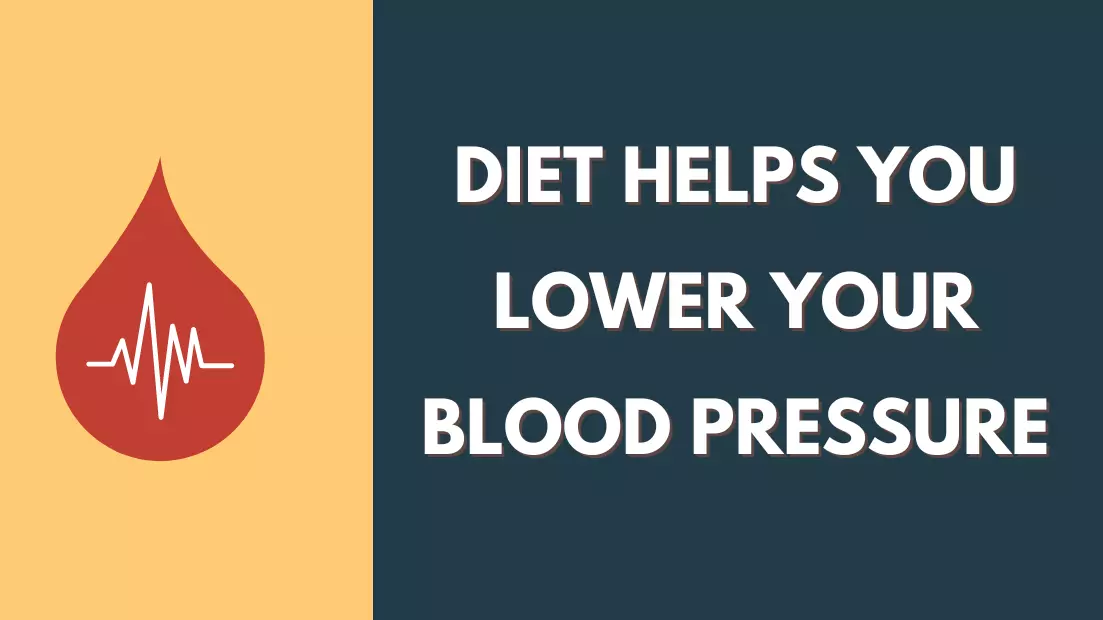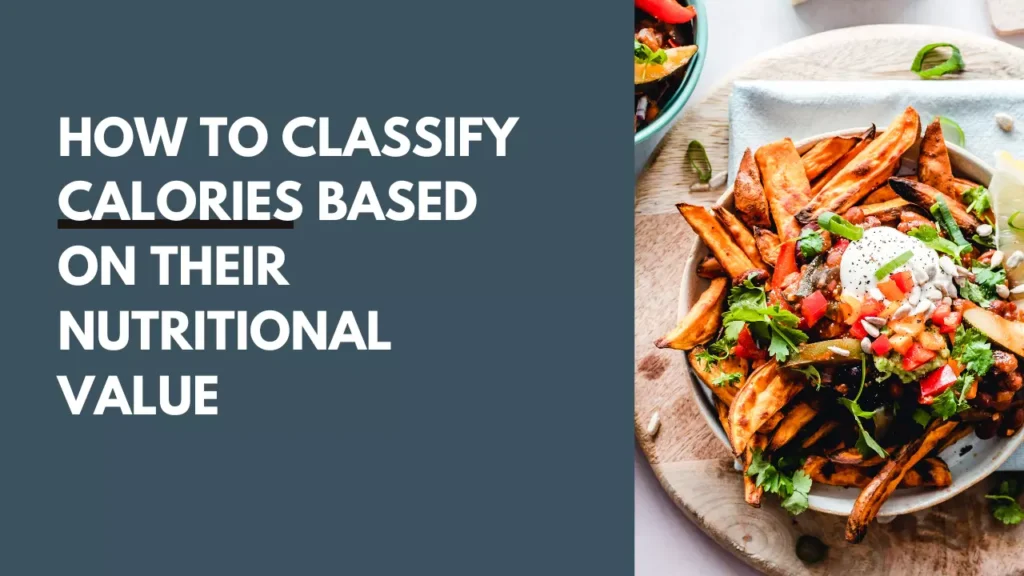
High blood pressure, or hypertension, is a common health concern that affects millions of people worldwide. While medication is often prescribed to manage blood pressure, making positive changes to your diet can play a crucial role in maintaining optimal cardiovascular health. In this article, we’ll explore how a well-balanced diet can effectively help you lower your blood pressure.
Understanding Blood Pressure
Before delving into dietary solutions, let’s grasp the basics of blood pressure. Blood pressure is the force of blood against the walls of your arteries as your heart pumps it around your body. It is measured in millimeters of mercury (mmHg) and consists of two readings: systolic (when the heart beats) and diastolic (when the heart is at rest). The ideal blood pressure is generally considered to be around 120/80 mmHg.
The Role of Diet in Blood Pressure Management
1. Limiting Sodium Intake
One of the primary dietary factors influencing blood pressure is sodium. High sodium levels can lead to water retention, increasing the volume of blood in your arteries and consequently raising blood pressure. Reducing sodium intake is a key step in managing hypertension.
Cutting down on processed foods, which are often loaded with sodium, is a simple yet effective strategy. Instead, focus on fresh, whole foods and use alternative seasonings like herbs and spices to add flavor to your meals. Gradually, your taste buds will adjust, and you’ll find satisfaction in the natural flavors of foods.
2. Increasing Potassium-Rich Foods
Potassium is a vital mineral that helps balance sodium levels in the body. Incorporating potassium-rich foods into your diet can counteract the negative effects of sodium, promoting a healthier blood pressure.
Include bananas, oranges, spinach, and potatoes in your meals as excellent sources of potassium. These foods not only contribute to better blood pressure regulation but also offer additional nutrients essential for overall well-being.
3. Embracing the DASH Diet
The Dietary Approaches to Stop Hypertension (DASH) diet is specifically designed to manage blood pressure. It emphasizes whole foods, fruits, vegetables, lean proteins, and low-fat dairy products. Adopting the DASH diet can lead to significant improvements in blood pressure levels.
Table: DASH Diet Guidelines
| Food Group | Daily Servings |
|---|---|
| Fruits | 4-5 servings |
| Vegetables | 4-5 servings |
| Lean Proteins | 2 or fewer servings |
| Whole Grains | 6-8 servings |
| Dairy | 2 or fewer servings |
| Nuts, Seeds | 4-5 servings per week |
4. Maintaining a Healthy Weight
Excess body weight is often associated with elevated blood pressure. Achieving and maintaining a healthy weight through a balanced diet and regular physical activity can significantly contribute to blood pressure management.
Focus on portion control, mindful eating, and choosing nutrient-dense foods to support weight loss. Incorporate a mix of cardiovascular exercises and strength training into your routine to enhance overall cardiovascular health.
5. Moderating Alcohol Consumption
While moderate alcohol intake may have some cardiovascular benefits, excessive consumption can lead to hypertension. Moderating alcohol intake is crucial for those looking to manage their blood pressure effectively.
Limit alcohol to moderate levels, which is generally defined as up to one drink per day for women and up to two drinks per day for men. This moderation can contribute to better blood pressure control and overall heart health.
Additional Dietary Considerations
6. Emphasizing Omega-3 Fatty Acids
Omega-3 fatty acids, found in fatty fish like salmon and mackerel, have been linked to lower blood pressure levels. Including omega-3-rich foods in your diet or considering fish oil supplements can be beneficial.
These healthy fats contribute to the flexibility of blood vessels, promoting improved blood flow and reduced pressure on arterial walls. Aim to consume fish at least twice a week to harness the benefits of omega-3 fatty acids.
7. Limiting Caffeine Intake
While the relationship between caffeine and blood pressure is complex, excessive caffeine intake may cause a temporary spike in blood pressure. Monitoring and limiting caffeine intake can be a prudent choice for individuals sensitive to its effects.
Consider switching to decaffeinated options or herbal teas if you are looking to reduce caffeine consumption. Additionally, stay hydrated with water, which supports overall cardiovascular health.
8. Managing Stress Through Nutrition
Chronic stress can contribute to hypertension. Certain nutrients, like magnesium and antioxidants found in fruits and vegetables, play a role in stress management. Prioritizing stress-reducing nutrients in your diet can positively impact both mental well-being and blood pressure.
Incorporate magnesium-rich foods such as leafy greens, nuts, and whole grains. Additionally, indulge in antioxidant-rich berries, dark chocolate, and green tea to support your body’s stress-coping mechanisms.
Conclusion: A Holistic Approach to Blood Pressure Management
In conclusion, maintaining a healthy blood pressure involves more than just relying on medication. A well-thought-out and balanced diet can be a powerful tool in managing hypertension. By consciously making dietary choices that prioritize nutrient-rich foods, limit sodium, and foster overall well-being, you can contribute to long-term cardiovascular health.
Remember, lifestyle changes take time to show results, so be patient and consistent in your efforts. Consulting with a healthcare professional is essential, especially if you have existing health conditions or are on medication. With the right combination of dietary modifications and a holistic approach to wellness, you can take control of your blood pressure and pave the way for a heart-healthy life.



